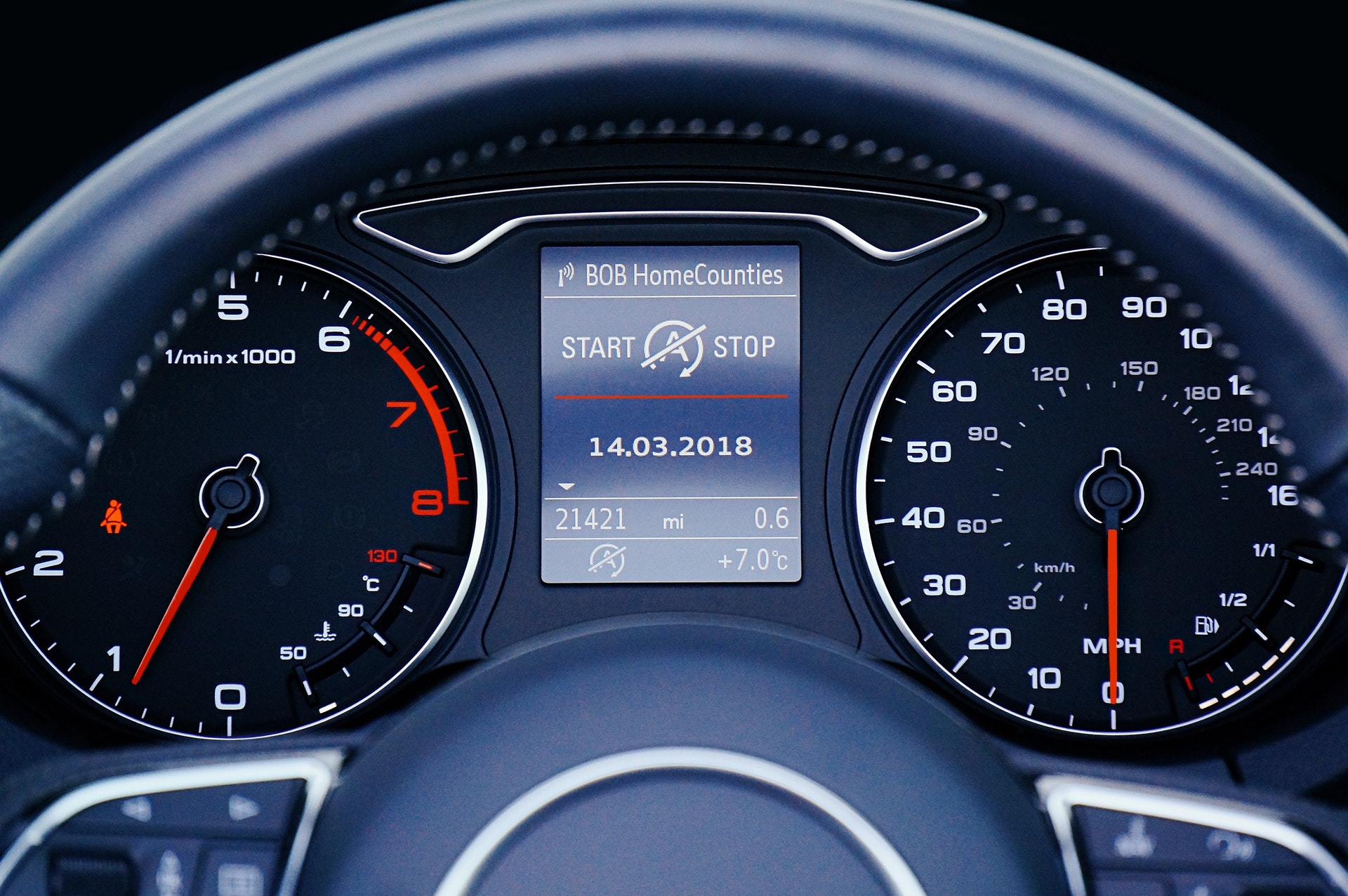
Smart meters promise better information for energy users and improved supply management for utilities, but may not necessarily deliver the hoped-for consumption reduction, says a new study.
The analysis, by Sarah Darby of the University of Oxford’s Environmental Change Institute, looked at the motives and outcomes to date of smart metering programmes in California, Italy, Sweden and the Netherlands among others.
According to her research, published in the journal Building Research and Information, there is little hard evidence about what advanced metering infrastructure (AMI) can actually achieve.
Smart meters are being rolled out for different reasons in difference regions, for example in Italy to reduce fraud and in Sweden to provide accurate billing.
In the Netherlands, Ireland and the UK, and to a lesser extent California, the intention is for smart metering to help users improve their energy efficiency and reduce demand.
But in some of these regions, notably the Netherlands and California, efforts have been plagued by customer resistance to the gathering, monitoring and storing of personal data.
If the roll-out is not handled right, demand reduction will not necessarily flow from an improvement in information, says Darby.
What appears to count more than the smart meter itself, she says, is the message energy companies provide about energy use over time and trustworthy, relevant comparisons.
